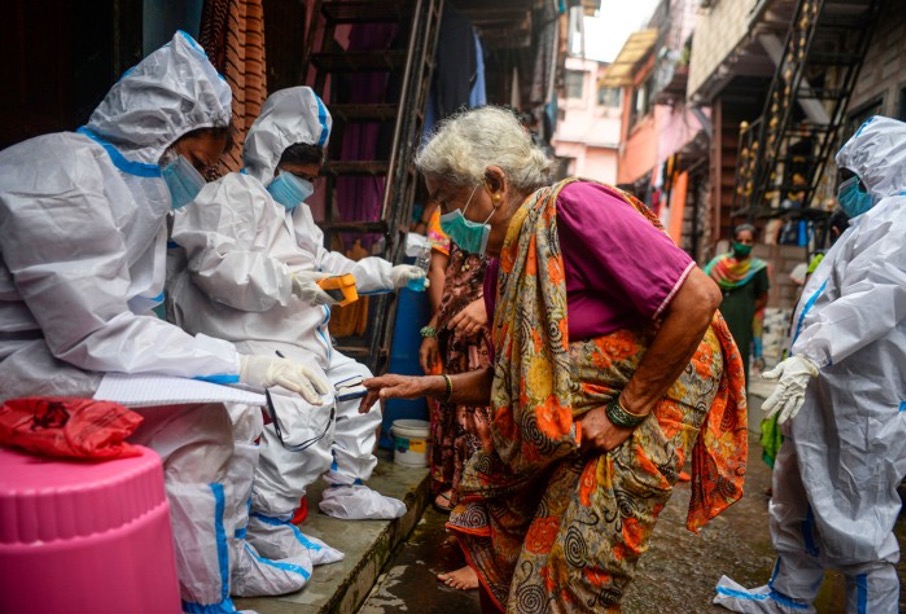ARTICLE: Cities: build networks and share plans to emerge stronger from COVID-19
Comment in Nature by Xuemei Bai, Harini Nagendra, Peijun Shi & Haiyan Liu (2020)

Picture provided by the Authors
Covid-19 challenged and continues to challenge ‘normal life’ as we are used to, while simultaneously revealing problematic aspects of human urban settings. Bai et al. (2020) address some of these challenges in their recently published comment in Nature. In this comment, they showcase examples of both the negative and positive responses by cities, as well as pathways that can lead to more resilient cities. What they strongly recommend is the need for integrated governance across scales, which goes hand in hand with multilingual, science-based strategies and prompt dispersal of information. Here, social media can be helpful. However, Bai and colleagues point out that next to the benefits technology brings along it can also grow disparity where access is limited. They caution that technology can used to disperse both information and misinformation – but highlight examples of responses to misinformation set up in various cities to combat this problem. Concerning unequal conditions, the authors advocate for an interdisciplinary, intersectional perspective dealing with various forms of injustices (e.g. racism and classism) to enable an inclusive living environment. Additionally, they indicate the important role of ecology and urban agriculture. They further encourage collective action networks and communities, which can act as support systems across various urban environments, where government fails. “Mobilize networks”, advise Bai and colleagues. Beyond the support structures built within specific cities, the authors also argue for collaborations between cities to exchange supply needed but also knowledge. Here, a look at past crises can be essential to adapt methods and actions in pandemic planning. And at the same time, strengthening networks and becoming more resilient to tackle the pandemic can also be converted into cooperations concerning other crises, like the climate crisis.
Bai and colleagues close with a prospect: “Cities have survived countless disasters throughout history, from wars to famines. COVID-19 now shows that cities must also learn, adapt and evolve — together” (520).
Read the full paper here.
By Johanna Hofmann and Odirilwe Selomane
